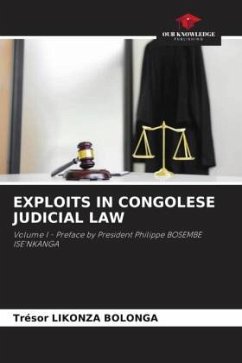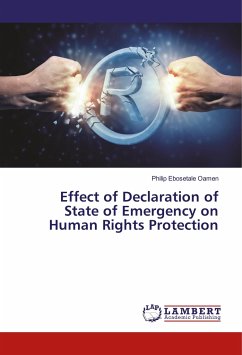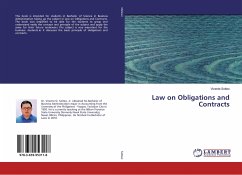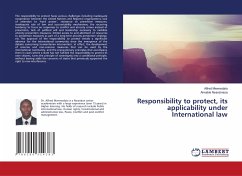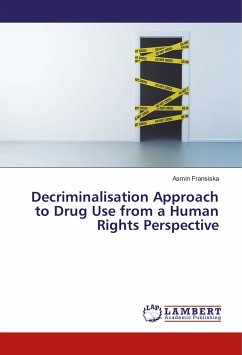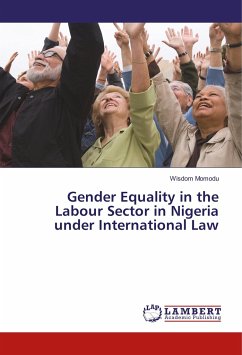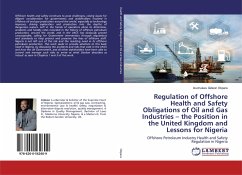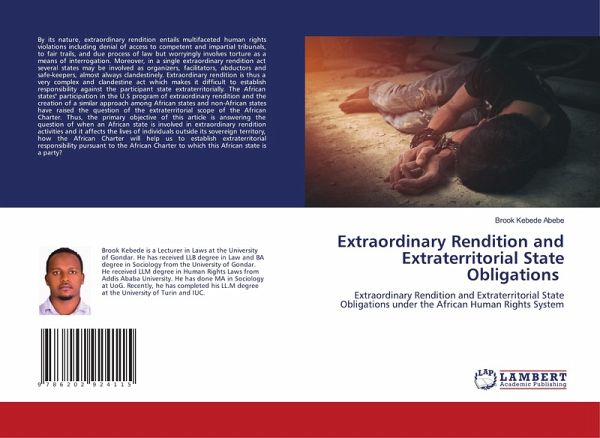
Extraordinary Rendition and Extraterritorial State Obligations
Extraordinary Rendition and Extraterritorial State Obligations under the African Human Rights System
Versandkostenfrei!
Versandfertig in 6-10 Tagen
27,99 €
inkl. MwSt.

PAYBACK Punkte
14 °P sammeln!
By its nature, extraordinary rendition entails multifaceted human rights violations including denial of access to competent and impartial tribunals, to fair trails, and due process of law but worryingly involves torture as a means of interrogation. Moreover, in a single extraordinary rendition act several states may be involved as organizers, facilitators, abductors and safe-keepers, almost always clandestinely. Extraordinary rendition is thus a very complex and clandestine act which makes it difficult to establish responsibility against the participant state extraterritorially. The African st...
By its nature, extraordinary rendition entails multifaceted human rights violations including denial of access to competent and impartial tribunals, to fair trails, and due process of law but worryingly involves torture as a means of interrogation. Moreover, in a single extraordinary rendition act several states may be involved as organizers, facilitators, abductors and safe-keepers, almost always clandestinely. Extraordinary rendition is thus a very complex and clandestine act which makes it difficult to establish responsibility against the participant state extraterritorially. The African states" participation in the U.S program of extraordinary rendition and the creation of a similar approach among African states and non-African states have raised the question of the extraterritorial scope of the African Charter. Thus, the primary objective of this article is answering the question of when an African state is involved in extraordinary rendition activities and it affects the lives of individuals outside its sovereign territory, how the African Charter will help us to establish extraterritorial responsibility pursuant to the African Charter to which this African state is a party?





